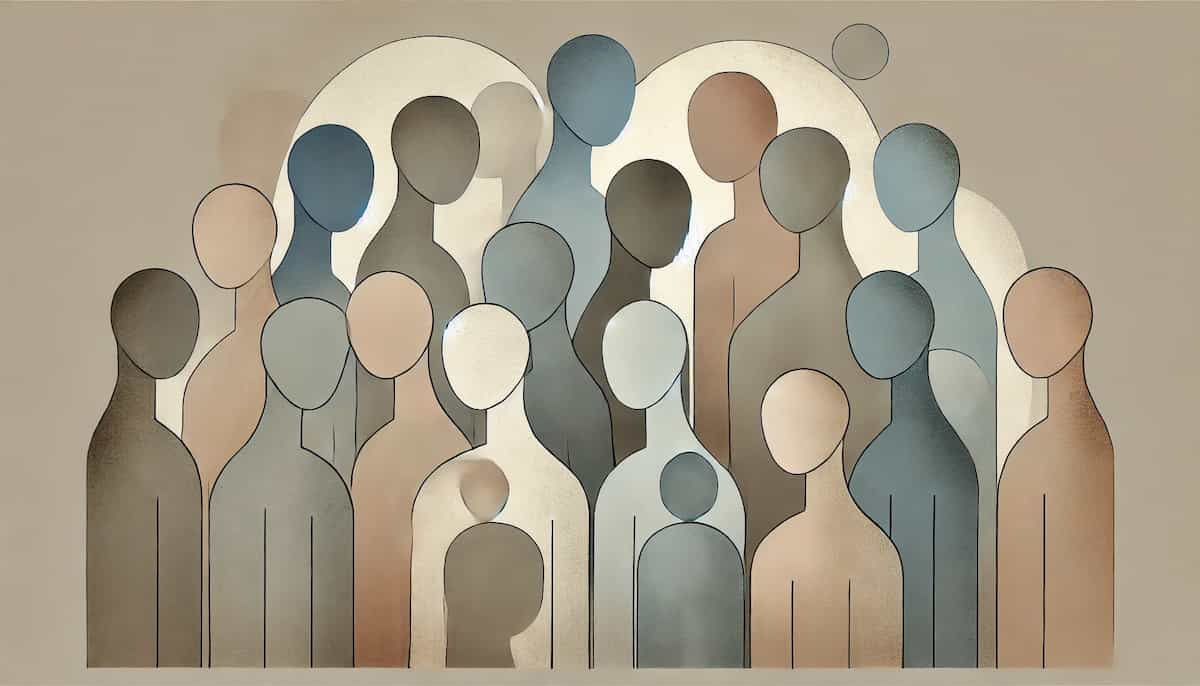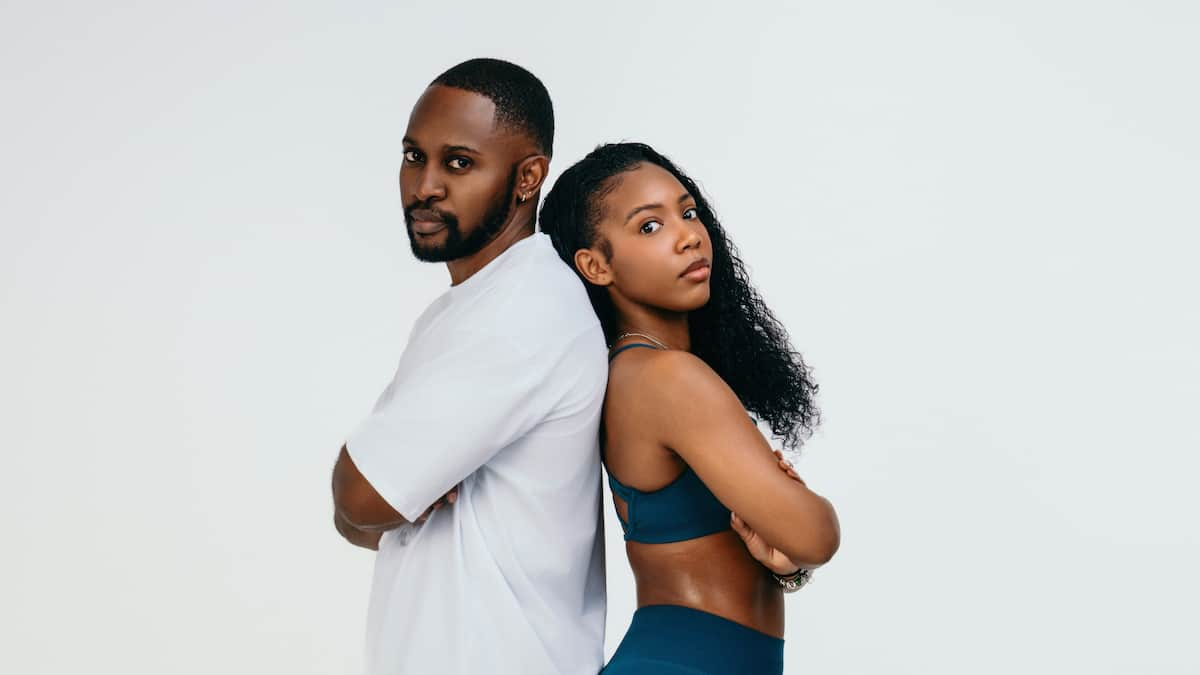Getting married at this age is linked to the lowest divorce risk.
Getting married at 28 to 32 years old carries the lowest risk of divorce, according to statistics on marriage.
Marriage before the late twenties, or after the thirties are both linked to a higher risk of divorce later on.
The marriages most likely to end in divorce are between teenagers or those in their early twenties, or those who get married after the age of 45.
Waiting to get married until you are 25 instead of 20, for example, reduces the risk of divorce by 50 percent.
The conclusions come from an analysis of a national survey of families that included over 9,000 people.
Dr Nick Wolfinger, who conducted the analysis, writes:
“Delaying marriage from the teens until the early twenties produces the largest declines in divorce risk, for totally understandable reasons: we’re all changing a lot more from year to year as teenagers than when we’re in our twenties or thirties.
Our parents and friends are likely to disapprove of a teenage marriage, but their feelings probably won’t change much once we hit our mid-twenties.”
It makes sense that delaying marriage until later in your twenties is beneficial.
However, why does getting married in your late thirties or forties present a higher risk of divorce?
Dr Wolfinger write:
“…the kinds of people who wait till their thirties to get married may be the kinds of people who aren’t predisposed toward doing well in their marriages.
For instance, some people seem to be congenitally cantankerous.
Such people naturally have trouble with interpersonal relationships.
Consequently they delay marriage, often because they can’t find anyone willing to marry them.
When they do tie the knot, their marriages are automatically at high risk for divorce.”
Related
- 14 Essential Relationship Rules Every Couple Should Follow (P)
- 10 Toxic Patterns That Sabotage Relationships (P)
The study was published on the Institute For Family Studies website (Wolfinger, 2015).










